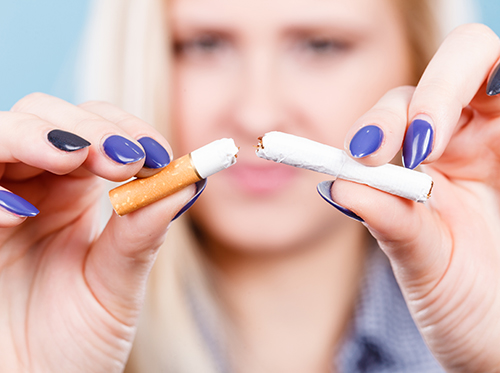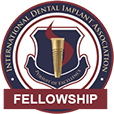Overall Health Can Be Influenced By Oral Hygiene
March 13th, 2018

Keeping on top of your oral health is key when it comes to making sure your whole body stays healthy. The bacteria that occur naturally in your mouth can produce harmful bacteria such as strep and staph, which can lead to serious infections and sickness.
When you follow good dental habits like daily brushing and flossing, and eat a healthy diet, you can discourage harmful bacteria from traveling from your mouth to other parts of your body. Protect yourself and learn more about the link between oral hygiene and a healthy body.
Until recently, tooth decay was more common because of the lack of regular dental care and research behind fluoride. Tooth decay is much less problematic today, due to fluoridated water and toothpastes that contain fluoride.
Nowadays, gum disease has replaced tooth decay as the most frequent dental problem. Periodontal disease is on the rise among adults because people don’t floss regularly and then ignore gum tenderness and bleeding. If left unchecked, periodontitis can cause inflammation that may cause harm to other parts of the body.
Oral Health and Chronic Disease
Many scientists believe inflammation-related infections can trigger systemic disease or intensify existing conditions. Remember, bacteria overgrowth in inflamed gum tissue is able to enter the bloodstream through your eating processes, which is why it’s so vital to visit our Lebanon, NJ office if you notice sustained gum irritation and inflammation in your mouth.
Caring for your teeth and gums every day can prevent the onset of disease and save you trouble in the future with regard to your body’s health. If you think you may be showing signs of periodontal disease, or notice anything else out of the norm, please contact Dr. DeCasperis and schedule an appointment.
We want you to be proactive about your health!









